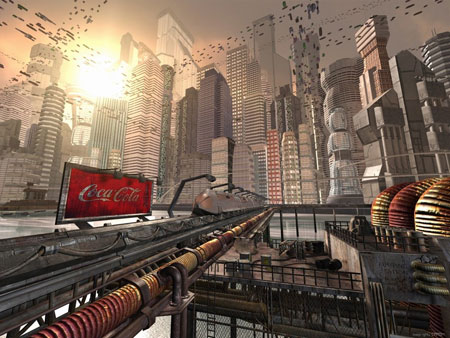In an entry related to Rome in this fabulous logbook, we talked about that beautiful scene in Kubrick´s ´Spartacus´ in which the head of the gladiators, after listening to the recitation of a moving song of gnostic echoes regarding the return home (“When the shining sun withdrew from the sky / When the wind blew its last breath on the mountain / When the lark couldn´t be heard no more in the fields / When the foam of the sea slept like a girl / And the pink twilight caressed the world / I returned home) he´s defeated by the desire and sadness of only knowing how to fight, of not being able to sing beautiful songs and making people believe in them, of not knowing how to read or write, of not knowing anything, of feeling ignorant. Of not knowing, for example, why the stars and birds don´t fall from the sky, why the sun abandons the scene when night falls, why the moon changes shape and where the wind comes from.

His great love, Varinia. after looking at him unforgettably, responds to this last question talking to him about a cave far away in the north where a young god sleeps whose breath animates and agitates the night winds every time he breathes dreaming about a girl.
Maybe there´s never been anything to know, maybe all experiences are strictly incommunicable, maybe all knowledge is exclusively based in the fable. But our need to know is so big that we can´t beat the wanting to legitimise the stories that we invent to calm our mind. The truth, in fact, is overrated, but nothing seems to cure us as a species as the addiction to this strange happening. It doesn´t matter how widely documented its harmful secondary effects are, how convincingly the product is questioned and how cheap it´s sold in the media markets. Nietzsche, more elegantly, proposed to substitute the truth for that which favoured and boosted life, just as we wish for it to be. But it seems that the large part of us carries on preferring sadly narrowing our mental field and discarding certain stories with the sole argument that they´re false without even asking ourselves about the existance of other criteria for things which are probably more enlightening or valid or from what point of view these stories are false.
While we don´t change our way of valuing the world, the new myths will suffer a similar fate (I think on the comment of Tarkovski about how all civilizations have always thought that their cartographic representation of the world was the exact one). Therefore, for example, a recent study by Nature magazine says, against all previous scientific truth, that the Mediterranean filled with water in a period below two years.
This would have happened around about five million years ago. If you rent apartments in Istanbul a prodigious city which crosses seas, stories, cultures and people, you´ll find yourself in a unique place to value this story as it´s due.

 English
English Translated by: aleixgwilliam
Translated by: aleixgwilliam
